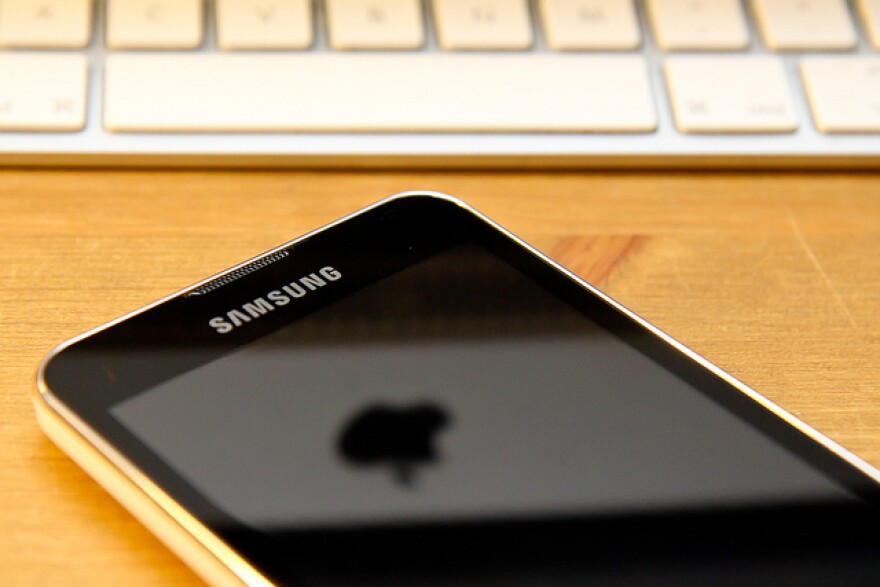Apple. Samsung.
Friends? Enemies? Frenemies?
The nature of the relationship is an important question in Austin, where Samsung recently announced it will spend at least $3 billion retooling its Austin Semiconductor Plant to produce advanced processor chips.
Industry rumors say that a primary purpose of the Austin retooling is to make electronic innards for Apple's iPhones and iPads, though Samsung does not not confirm that. Worldwide, Samsung is the biggest supplier of iPhone and iPad processing chips. In fact, many analysts say that Apple could not produce the iPhone without Samsung.
But how does that cozy relationship fit with a bitter court battle that has raged around the globe?
Apple recently won a $1 billion patent infringement verdict against Samsung in the United States, and, a few days later, Samsung won two of three verdicts – but without big damages – in its home country of South Korea. The U.S. verdict could be increased to $3 billion at a later stage.
The paradoxical relationship arises from both companies' immense size and global reach.
Samsung is a high-end parts supplier, a vital link in Apple's supply chain.
But it's also the world's largest phone maker, creating phones for others and selling its own line of Android-based Galaxy phones. That's the same Google-owned Android that Steve Jobs said was a "stolen product," and, as reported by Walter Isaacson in his Jobs biography, pledged on his deathbed to destroy: "I will spend my last dying breath if I need to, and I will spend every penny of Apple's $40 billion in the bank, to right this wrong."
It's not inconceivable that the two parties could simultaneously fight and cooperate. That's how it often works in human relationships. Samsung says the Austin investment is not at risk. But even an optimist could wonder if the Apple/Samsung partnership might strain, or even break, with the conflict.


